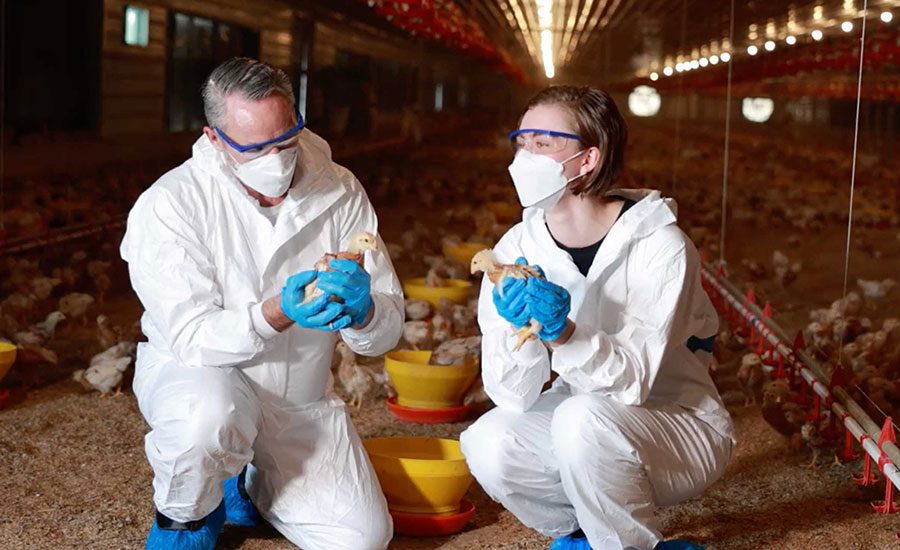The Canadian Food Inspection Agency (CFIA) would like to provide additional information about the Independent Review of XL Foods Inc. Beef Recall 2012 report, which was tabled by Minister Ritz in the House of Commons on June 5, 2013.
In particular, the CFIA will provide information about important initiatives underway or planned which address many of expert advisory panel's recommendations.
The report outlines a number of recommendations related to prevention strategies and regulatory oversight,
- strategies and regulatory oversight,
- surveillance and trend analysis,
- incident management and recall response, and
- communications
The CFIA, Health Canada and the Public Health Agency of Canada will work together to address all recommendations. In fact, the recently announced Safe Food for Canadians Action Plan closely aligns with many of the expert advisory panel's recommendations.
For example, enhancements to E. coli controls, announced on May 17, will see increased testing and documentation requirements in meat plants. These enhancements are over and above the regulatory requirements of plants to test for E. coli.
From April to October, when a higher occurrence of E. coli is commonly observed, the CFIA is further intensifying its testing frequency to verify that industry controls are working. Frequency will be based on the production volume of the plant. For example, in large plants, samples are being collected and tested weekly.
The CFIA will increase the number of overall samples taken per year per plant. Increased sampling will be based on risk factors such as production volume, a plant's track record and the level of risk associated with the specific product.
Plants will be required to conduct follow-up testing when the CFIA identifies a positive test result in any sample of ground beef and beef patties. This follow-up testing will verify the effectiveness of plant controls. The number of follow-up samples to be tested will be based on the size of the plant.
As part of the revised E. coli policy, federally registered plants that mechanically tenderize beef cuts intended for retail sale, such as steaks and roasts, must now label those products as being tenderized and with cooking instructions for Canadian consumers.
The Safe Food for Canadians Action Plan also includes the development of an integrated food laboratory network with other partners involved in food safety, such as provinces and municipalities. This will help food safety and health authorities respond faster to foodborne hazards.
Minister Ritz also announced the creation of Inspection Verification Teams (IVTs) to oversee the performance of Canada's entire food safety system.
Inspection Verification Teams will assess and measure plant food safety controls and operations, as well as inspection activities.
Teams made up of food safety experts from within the Agency will conduct unannounced spot checks of plants across the country. They will assess plants' food safety controls and operations, as well as inspection activities in federally registered establishments. The aim of the IVTs is to ensure that the overall food safety system is effective and that food safety rules and standards are consistently and thoroughly followed and enforced.
The information gathered through these spot checks will help the CFIA identify best practices and areas for possible improvement.
The goal is to ensure that all federally registered meat and other food establishments are inspected to a common, rigorous standard.
The Inspection Verification Teams are anticipated to be on the ground later this year.
Once in place, the CFIA is confident that the Inspection Verification Teams will address several of the expert advisory panel's recommendations around regulatory oversight. More importantly, the teams will further strengthen the safety of the food system by ensuring that plants are meeting their food safety obligations.
The Panel underlined that Canada has one of the best food safety systems in the world. But no system will ever be perfect. The Government of Canada is constantly learning and improving based on the latest knowledge and science.
When problems happen in one meat plant, all players involved in food safety must seek opportunities to learn and fine tune the system. This is why the CFIA, Health Canada and the Public Health Agency of Canada are acting on the panel's recommendations and taking steps to make sure the food safety system meets a consistent, rigorous standard in meat and other food plants across the country.
No matter what enhancements are made, food recalls will always be an important part of the food safety system, and are a clear indication that the system is functioning effectively, given that foodborne risks can't be 100 per cent eliminated.
The Government is committed to acting on all recommendations of the expert advisory panel.



